Keeping your gut healthy helps alleviate digestive problems. It's also essential to the overall performance of the body. In addition, good healthy gut bacteria can help defend you from external illnesses and conditions. While a balanced diet can help support gut health, sometimes it can be challenging to get all the nutrients we need from food alone. This is where supplements can come in handy. This blog will explore the different supplements that can help promote a healthy gut, including probiotics, prebiotics, digestive enzymes, and more. Whether you're looking to improve digestion, boost your immune system, or reduce symptoms of digestive discomfort, Here is a list of the most effective the best supplements for gut health.
15 Best Supplements For Gut Health
List of the best supplements for gut health:
1. Probiotics
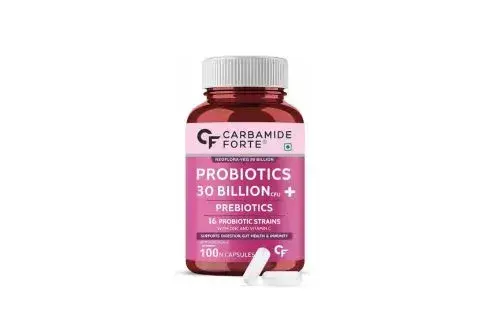
Probiotics are made up of living organisms, primarily microbes and one category of yeast. These are similar to great bacteria in the intestines that aid in digestion. The supplements cure different GI issues and improve overall digestive health. A few probiotic bacteria can relieve diarrhea and irritable bowel syndrome symptoms (IBS). Consider utilizing them in malted milk or yogurt.
2. Chamomile
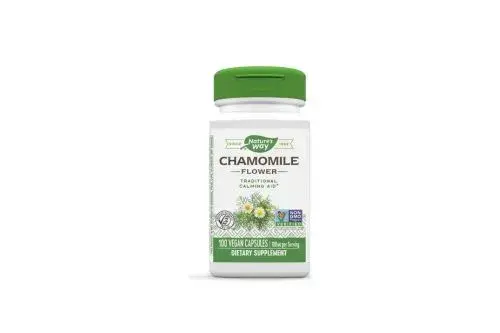
Chamomile is commonly used to treat a variety of diseases. Naturalists have used chamomile to cure digestive issues such as digestive problems, diarrhea, vomiting, anxiety, and sleeplessness. Individuals sensitive to certain plants, such as ragweed, may be allergic to chamomile. It is recommended to take it after your doctor's suggestion.
3. Ginger
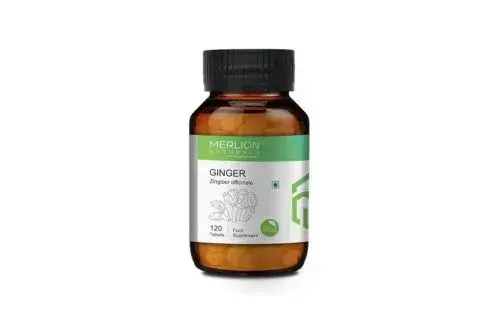
Ginger is used in Asian medicine to relieve stomach aches. Ginger is utilized to ease sickness and vomiting during pregnancy. Ginger can be purchased as a powder, pills, tablets, and freshly cut root. It is generally considered safe when consumed in tiny doses of 1 to 2 grams daily.
4. L-Glutamine
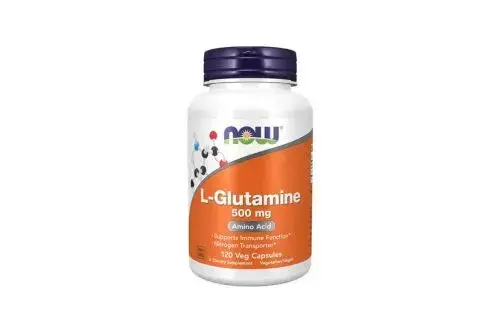
Glutamine occurs organically in the body and helps to nourish your bowels and various organs. According to some experts, the supplement L-glutamine can aid in reducing diarrhea caused by surgery, illnesses, or stress. It may aid nutrition absorption in some persons. This includes those with too many unfavorable microbes in the gastrointestinal tracts, cancer patients, and people who have had a portion of their intestines removed. However, more study is required.
5. Psyllium
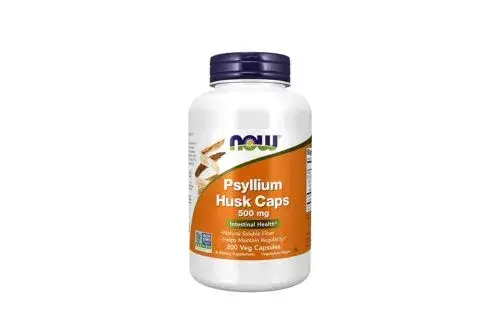
Psyllium is a component of bulk laxatives. It can contain moisture in the gut due to its high fiber content. As a result, the stool becomes bulkier and quicker to clear. It is critical to consume enough water when treating constipation. This prevents dehydration or a severe case of constipation. Individuals who have an allergy to plantain pollen, grass pollen, or melon may have a severe allergic reaction to psyllium.
6. Protein powder made from collagen
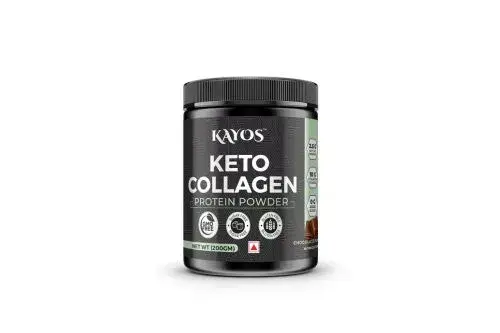
Collagen peptide powder could keep, reinforce, or repair the intestinal wall, which is vital for gut health. Supplements generated with Alaska pollock skin collagen peptides may aid in the reduction of discomfort in the bowels and other areas of the body. Furthermore, a 2020 study discovered that eating too many collagen peptides could cause liver problems and weight gain. Excessive use of the supplement may harm the gut microbiome. One should consult your doctor about your collagen peptide supplements to confirm that you've taken the optimum dosage.
Also, Read: 6 Best Yoga Poses and Exercises to Target Facial Fat
7. Wormwood
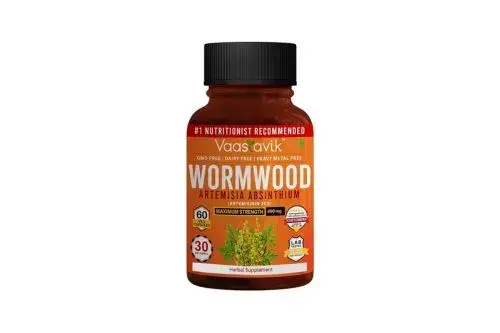
Wormwood, also known as Artemisia, is well-known for its ability to treat intestinal disorders, including heartburn. Its anti-inflammatory, antibacterial, and antioxidant properties contribute to this. So according to traditional medicine, different varieties of wormwood have varied qualities. Artemisia Princeps, often known as Japanese mugwort, can help ease pain and diarrhea. Thus wormwood is considered one of the most effective Supplements for Gut Health.
8. Powdered Moringa leaf
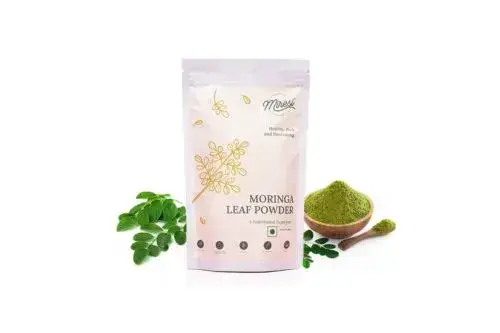
Powdered Moringa leaf supplement has been shown to have favorable impacts on the gut bacteria, fostering healthy gut bacteria. Because of its favorable effects on the gut, the experts behind a 2018 mouse study claimed that it might help to reduce levels of the body's inflammation and help manage obesity. It may also help minimize the symptoms of the leaky gut syndrome, which weakens the colon lining.
9. Bentonite clay
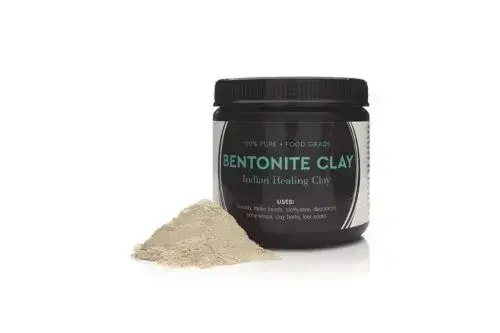
Bentonite clay could be useful for Easing diarrhea, Treating constipation, and increasing nutrient absorption by encouraging the growth of gut flora. Bentonite clay can also support the growth of beneficial gut bacteria and improve gut microbiota, providing a source of minerals that can help these bacteria thrive. This is one of the healthiest Supplements for Gut Health that can be taken internally. Bentonite clay can absorb toxins and impurities in the gut, helping to promote digestive health and alleviate symptoms of digestive discomfort.
10. Artichokes
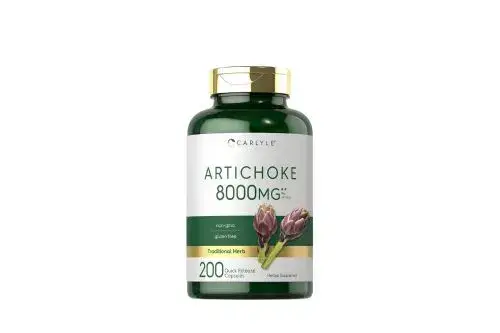
Artichokes have been shown to improve digestive health in scientific and clinical research. It is especially beneficial for improving liver function and can aid with gastrointestinal difficulties. It may also aid in the reduction of cholesterol and the prevention ofheart disease. Artichokes help promote digestion and reduce nausea and gas in the gut. However, before beginning the artichokes supplement, talk to your doctor. It's because artichokes can increase bile secretion, harming persons with restrictive gallbladder disease.
11. Marshmallow root
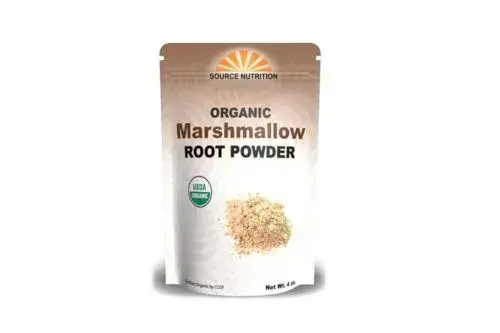
Marshmallow root possesses antioxidant-rich fluids that, by producing a coat over the intestinal system, may help alleviate inflammation from digestive issues such as stomach ulcers. Research suggests it could be particularly useful in avoiding ulcers caused by nonsteroidal anti-inflammatory medicines. Powdered marshmallow roots could also be beneficial in preventing acid reflux since it allows for immediate contact with membranes, forming a protective layer on the throat and esophagus.
12. Licorice root
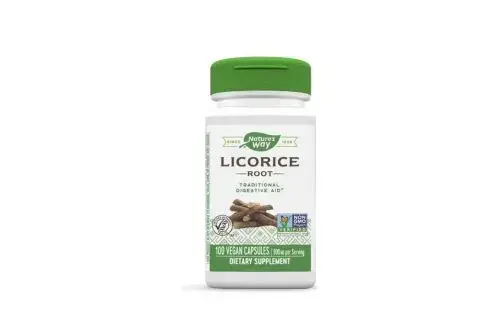
Licorice root can be used to flavor foods and is a popular Licorice root supplement for digestive health. Some individuals feel it can help with digestive disorders since, based on a 2018 study, it acts as a moderate digestive and has anti-inflammatory properties. However, according to the same 2018 research, licorice may have powerful impacts on controlling gut bacteria and may aid in the growth of various good gut bacteria. However, the outcomes varied.
13. Slippery elm
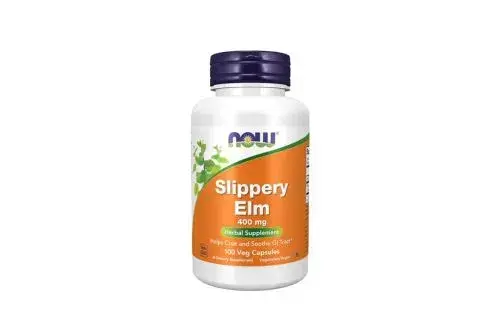
Slippery elm has an ancient legacy of offering digestive health advantages, along with the treatment of acid reflux, stomach ulcer disorders, and thin mucous membranes. However, according to a study, plant preservation organizations have designated slippery elms as threatened; thus, alternatives are preferable if possible. Polysaccharides found in slippery elm give significant health advantages to gut bacteria.
Also Read: What are foods that cause acid reflux?
14. Peppermint
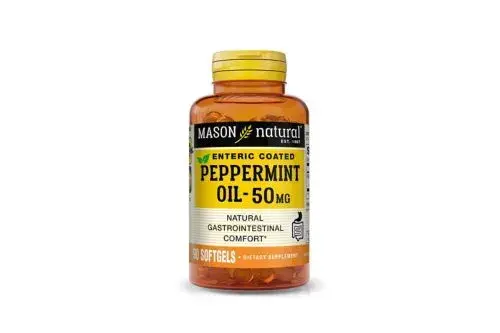
According to a 2019 review, peppermint offers several beneficial properties for gut health, including:
- It is antimicrobial, which indicates it can eliminate unwanted microorganisms.
- It has anti-inflammatory properties that lower inflammation.
An antioxidant that can protect cells from injury.
- It has immunomodulatory properties and strengthens the immune system.
- It has anesthetic properties and helps with pain management.
Scientific investigations on the effectiveness of peppermint have yielded conflicting results. Peppermint oil could safely ease abdominal pain and other problems for those with irritable bowel syndrome.
15. Inulin
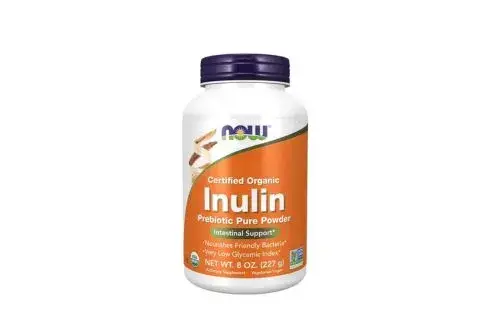
Inulin is prebiotic; the body does not digest it. However, it digests in the stomach, encouraging the formation of beneficial bacteria. Consuming more vegetables with high levels of inulin had a good effect on intestinal health. The Supplement for Gut Health proposed that increasing consumption would enhance gut bacteria, its function, and people's food-related habits.
Also, Read: How to Get Unbloated in 5 Minutes?
Conclusion
In conclusion, incorporating supplements into your diet can help support your gut health and alleviate symptoms of digestive discomfort. From probiotics and prebiotics to digestive enzymes and bentonite clay, there are various options to choose from for the best supplements for gut health. A balanced diet and lifestyle changes, such as stress management and regular exercise, can also help promote a healthy gut. You can support your overall health and well-being by taking care of your gut. Before taking any supplement, consult our doctor. Some of these are safe to take if you suffer from certain medical conditions, are pregnant, or are breastfeeding. The doctor can also advise you concerning the most effective and safest dosage.
Frequently Asked Questions
What is the best supplement to take for gut health?
Probiotics are the best supplements as they nourish a good amount of bacteria to promote a balanced gut microbiome.
What is the #1 substance to help heal the gut?
There's no such substance that is believed #1 substance for gut healing but probiotics, L-glutamine, collagen, and digestive enzymes are most effective.
How can I improve my gut health fast?
Adding whole foods and vegetables to your everyday diet can improve your gut health.
Is it worth taking gut health supplements?
Yes, it is as gut health supplements help restore the balance of the microbes, leading to a healthy gut.

Reviewed by







